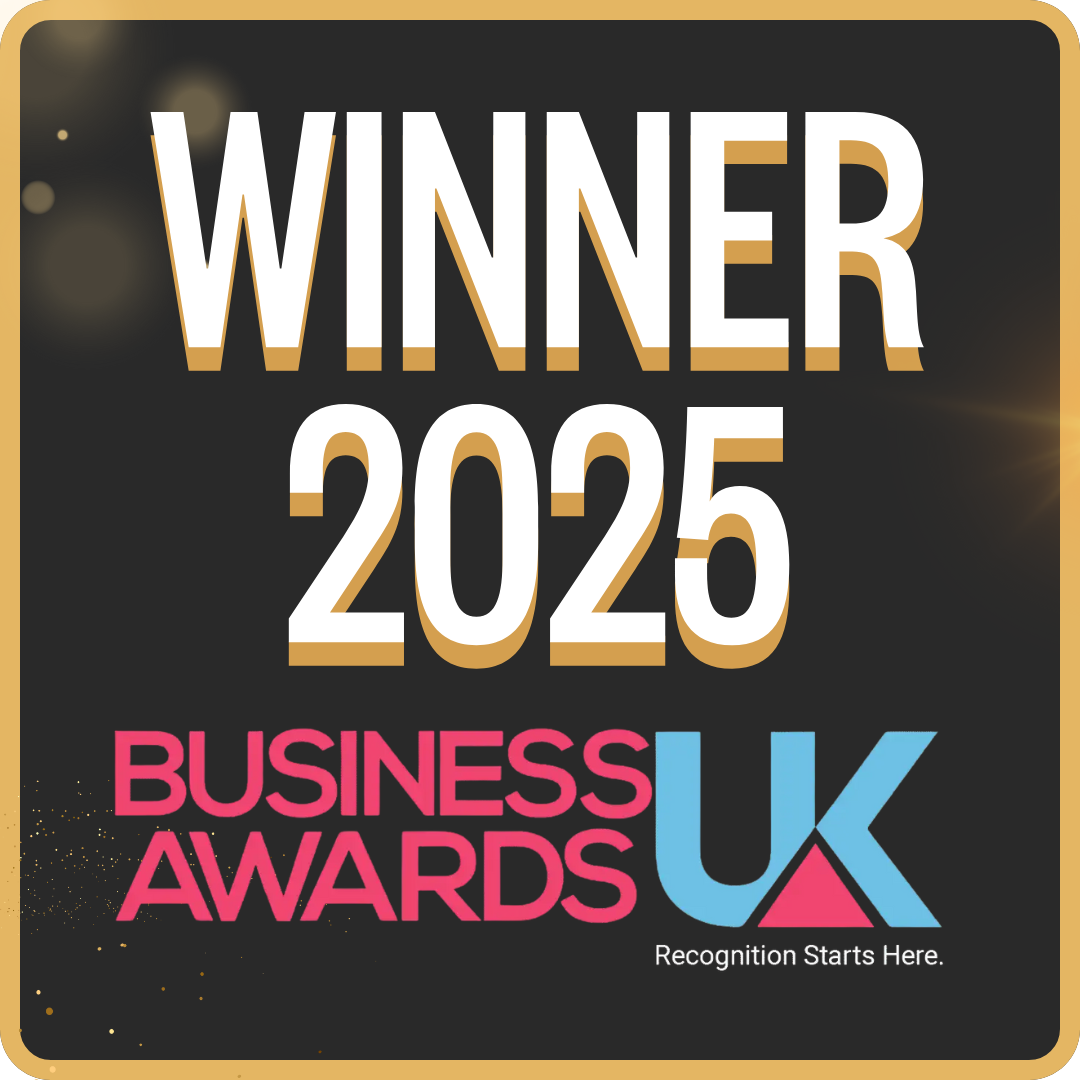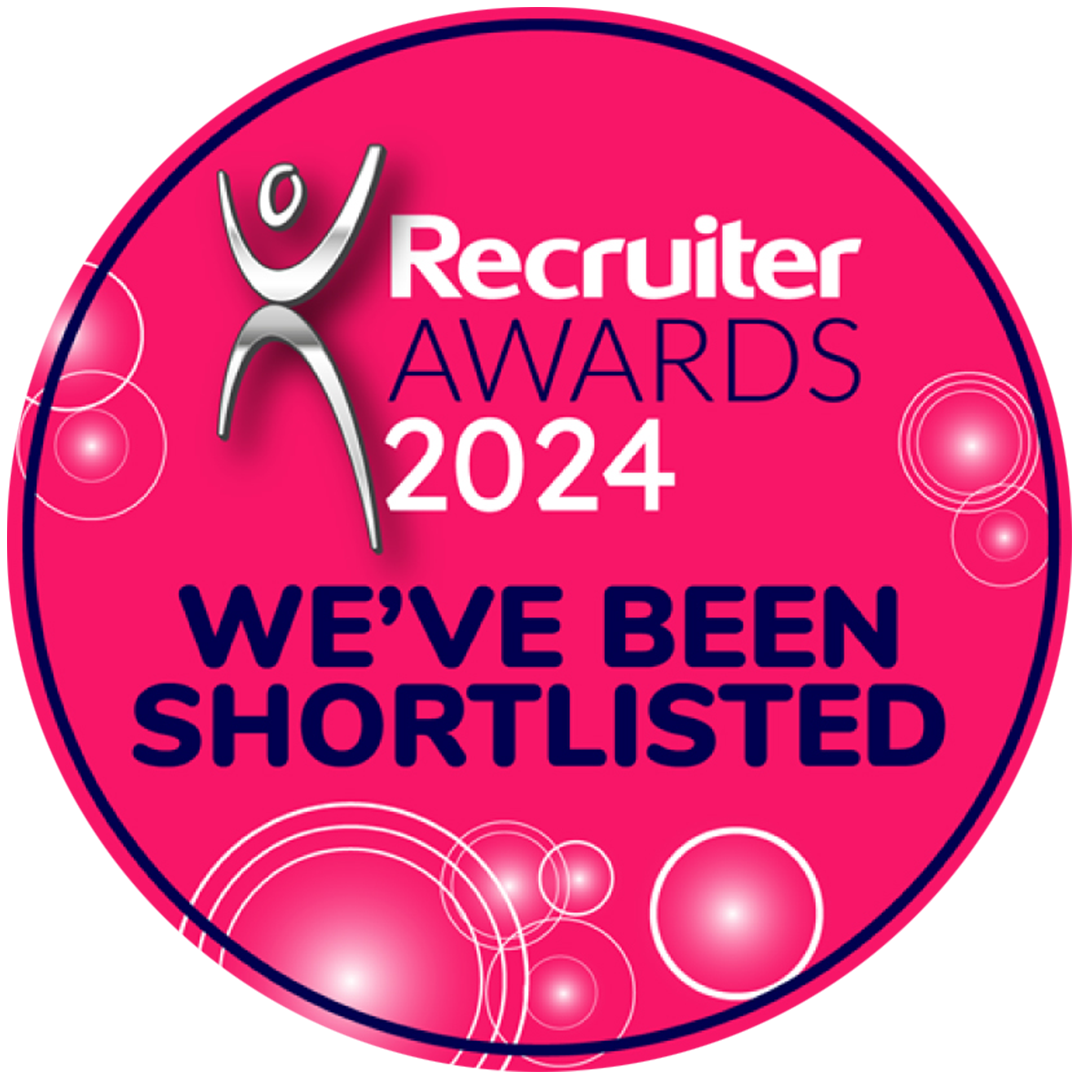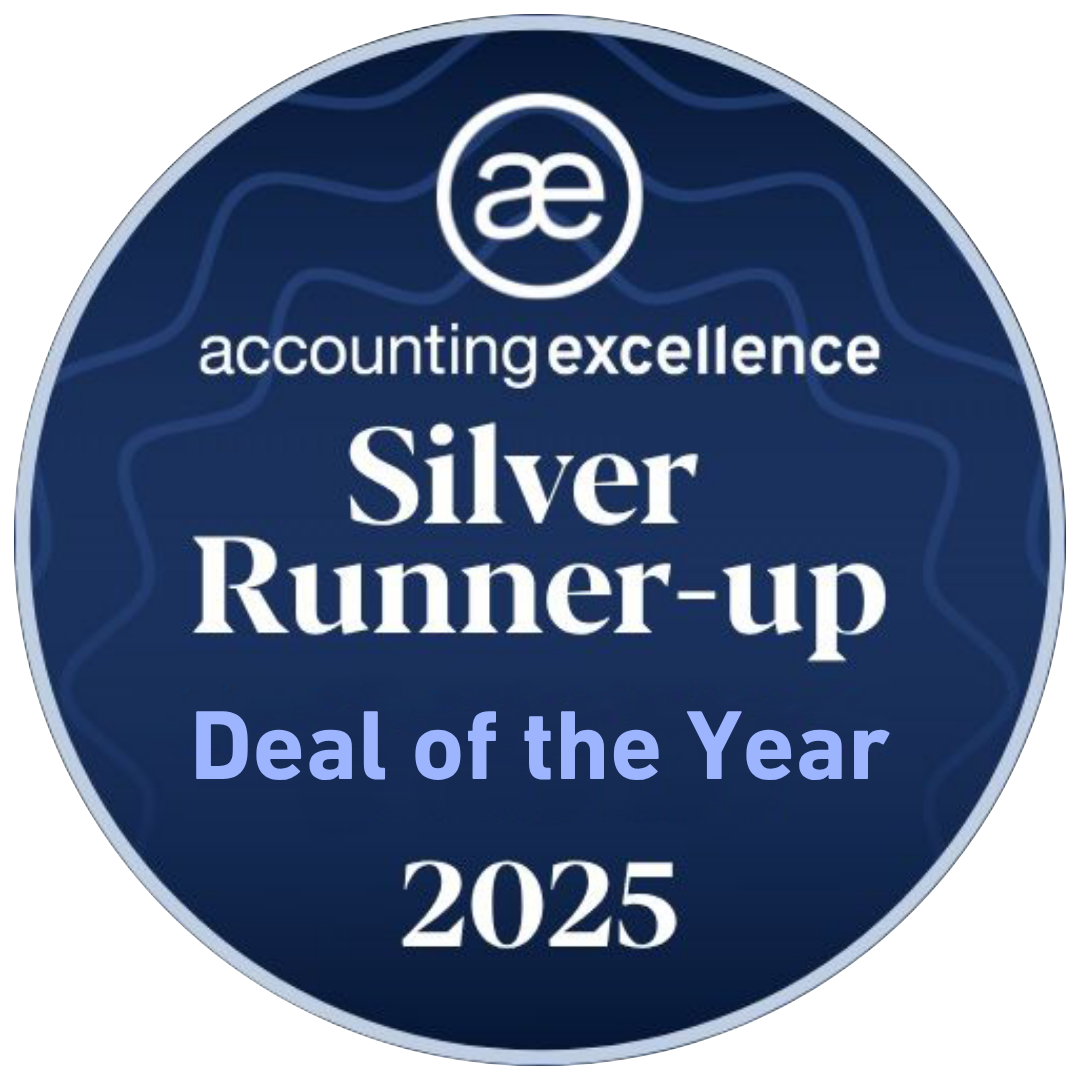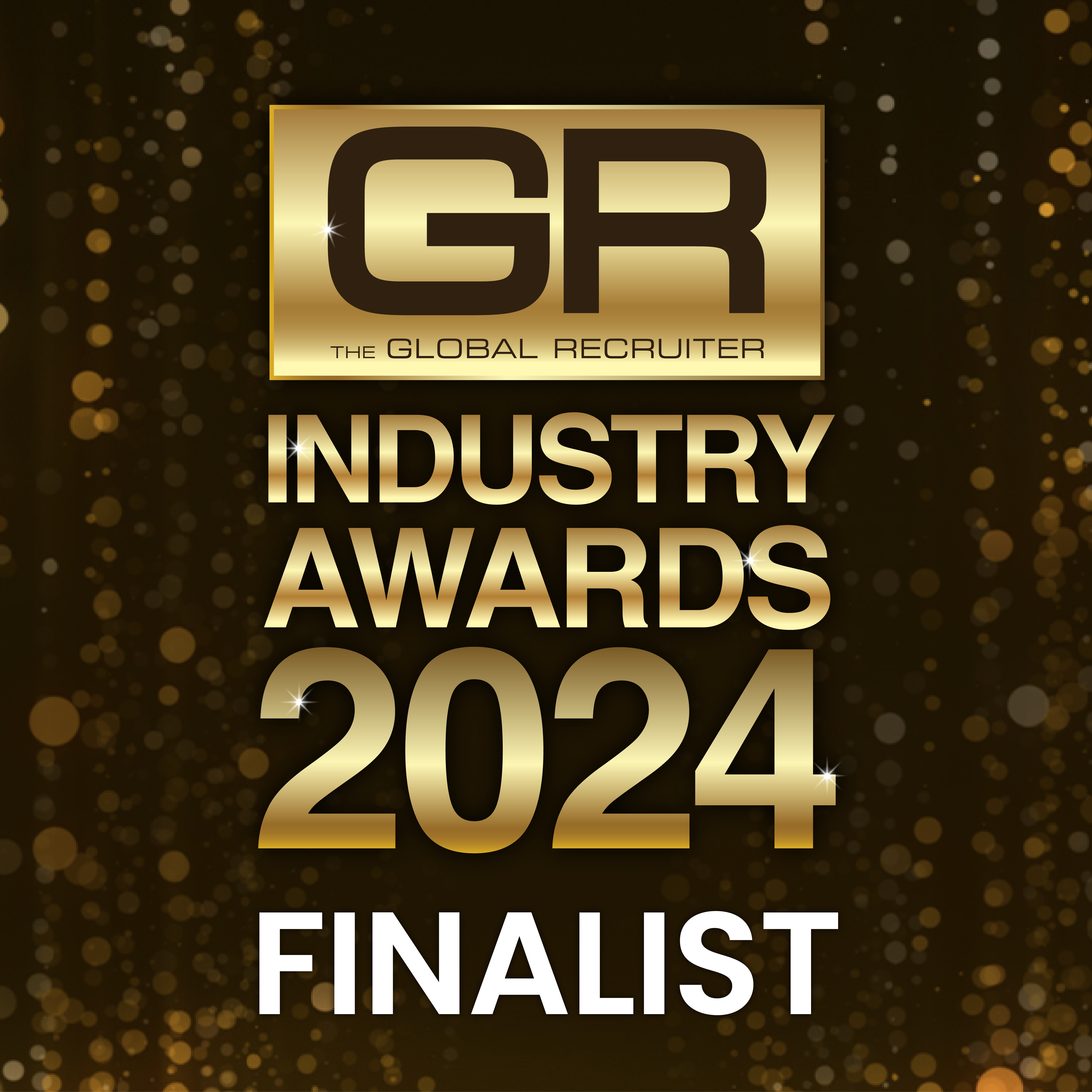In our second Q&A with members of the Accountancy Age 35 Under 35 list 2021. We had the opportunity to ask Carl Lundberg, Partner at Gerald Edelman, about current trends in the Accounting industry. And the advice he would give to those building a career in the field.
We’ve noticed many trends popping up within the industry that seem to be becoming more and more prevalent. We want to know which one you think is most important for the industry to be aware of.
Over the last 10 years and more rapidly in the last 5 there has been a huge amount of change. Looking forward I can see this continuing. It’s exciting to think where we might be in another 10 years’ time.
Clearly things like Crypto assets and other digital tokens are of real interest. They present the opportunity to have a material impact on how monetary-type transactions are effected.
The taxation oversight for transactions in these purposefully decentralised asset classes is something that already presents a challenge. It is something that over time I’m sure will be formalised. Creating a new subsector within the accountancy and taxation space in itself.
However, given that these trends are all tech-based. It is likely that the compliance side will become fully automated in due course.
One of the growing trends in which I am very interested. And which I have recently written a short article about, is the increase in popularity of ‘search funds’. These funds are usually headed by ambitious young entrepreneurs. With good academic backgrounds and also usually good finance and/or business experience. Their objective is to acquire and run existing mature and growing businesses. Modernise certain practices in order to grow those businesses with a view to exit in some years’ time. This is a trend that I am very much interested in and already provide advice to many searchers.
What has your career journey been like? From the moment you decided to become an accountant. We’d like to know where you started, and how you got to where you are now.
Originally I had wanted to be a plumber and then subsequently an airline pilot. Unfortunately, the cost of obtaining a ‘Frozen – ATPL (Airline Transport Pilot Licence)’ was beyond the means of my family. Accordingly I had to change tack and find an alternative career objective. My father had been in the profession as a tax advisor. So, without a better idea to pursue, I decided to focus on a career in accountancy.
I started my training contract at Gerald Edelman in the audit department based in the Whetstone office. Although at the time all new audit ACA trainees started with 3 months in the firm’s Bureau Services department ‘BSD’. Carrying out bookkeeping activities and preparing basic sets of accounts in order to get a good grounding in accountancy itself.
I was fortunate to work with some very good and helpful audit seniors. And managers during my time in the audit department and subsequently moved to work in the firm’s Central London office. Before qualifying, which at the time was on Harley Street. Shortly after qualifying I was considering my career options. Perhaps surprisingly, I had already decided that I wanted to become a partner in a mid-tier firm like Gerald Edelman.
Industry move
However, I thought it would be remiss to focus on that objective without first experiencing something else within the profession. So, not wanting to move into industry, I decided that the best contrast would be to join a large firm. I joined Deloitte as a mixed audit and advisory assistant manager. During my time at Deloitte I worked on a main market listing of a care home group. And work on the audits of some FTSE 100 companies, as well as smaller corporate and public sector organisations. I got my first experience during this time working on due diligence, which I really enjoyed.
My time at Deloitte was not long. However, I managed to gain a good deal of experience before meeting one morning with Richard Kleiner. CEO of Gerald Edelman and agreeing over breakfast to return to the firm. After returning to Gerald Edelman, the Corporate Finance team grew and went from strength to strength over the years. By the time we moved from Harley St into our Cornhill office we had a properly established team. Carrying out mostly Transaction Services work. Not long after returning to the firm, I elected to regain some involvement in the firm’s audit department. To this day I retain responsibility of the audit for some of my own audit clients. Although Transaction Services and other Corporate Finance work. As well as general management of the firm are my primary focus on a day to day basis.
Becoming Partner
In April 2017 I became a Partner. I recall that the 31 March was a Friday and of course the last Friday of the month. Which meant we were having drinks that evening. As I had received my second P45 from Gerald Edelman that day, I labelled the drinks my ‘second leaving do’.
Over the years that followed, my primary focus was to continue to grow the team and the offering within the firm and, with quite interesting timing I became an equity partner on 1 April 2020, which was a slightly strange feeling given that everyone was locked at home under UK lockdown due to the Coronavirus.
In mid-2021 I was appointed to the firm’s Executive Board, which consists of four equity partners and which directs the firm’s operational and strategic direction under the mandate of the wider partner group.
What advice would you give to someone pursuing a career path similar to your own?
My advice to someone pursuing a career path similar to my own would be to try to learn as much as possible as early as possible, be confident, be respectful of your colleagues and superiors within the business and find yourself a good mentor who can teach you things that they have learnt through experience which otherwise may take far longer for you to learn yourself. One other very key point is to work hard – which is something that is often overlooked these days, but it is probably true of all successful professionals that they have worked very hard to achieve what they have achieved!
Aside from already leading the Corporate Finance and Transaction Services team, you are also frequently called upon to act as an expert witness in the courts as you head up the firm’s Forensic Accounting and Expert Witness division;
How is it you came to be a member of the Academy of Experts? What was the process like?
In the transaction services team, we carry out lots of valuations each year. It is quite common that valuations are required in contentious situations and therefore valuers are often required to provide valuations in these types of situations. Naturally, this leads to them often being required to provide evidence on the value of the subject asset formally and that might be just in the form of a written determination report or indeed to the court.
Given the number of instructions we were receiving in criminal matters, civil matters and family matters that were resulting in court-appointed expert positions, I thought it prudent to commence the process of becoming a member of the Academy of Experts. The process for becoming a member of the Academy of Experts is relatively simple albeit it takes a fair amount of time and you must be able to demonstrate your experience in acting as an expert as well as your knowledge of the specific rules and regulations that must be adhered to when acting as such.
What is required of you and the team when you are called upon to act as an expert witness?
The key point that is required when you are acting as an expert witness is to remain entirely independent. When you are a court-appointed expert you must remember that your responsibility is to the court and not to the party on who’s behalf you may well be preparing your expert witness report. Independence and objectivity is key as is an ability to clearly explain complex matters in a manner that will be understood by the lay public.
We know from our own experience that the M&A market is very busy. Could you give us insights from your perspective as to why the M&A market is booming?
My view on why the M&A market is booming is because there is a lot of free cash held by institutions at the moment and their lending criteria is less ridged than it has been for some time, so they are keen to fund M&A as well as fund the growth of businesses generally. There are various other factors that are feeding into the levels of activity in M&A at the moment, which may include things like the effects of Covid driving the decisions of owner managers to pursue an exit earlier than they might have otherwise have done so.
Richard Kleiner, the CEO of Gerald Edelman said that you ‘[exemplify the culture of the firm] in that we are passionate about leveraging technology. . .’. What are your opinions on technology within – and the digitalisation of – the accounting industry?
I think that a firm of our size needs to fully embrace and adopt technology and seek to be ahead of the curve. When it comes to certain areas or specific points within the technology realm, we will not be able to lead because there are other firms or software houses themselves who have far higher resources and capacity to develop and test new processes and systems which we just do not have. However, a lot of efficiencies from technology can be driven by proper usage.
Proper systems and policies around the software that you put in place. This is an area that we are currently focusing on heavily and believe we will be able to build a much better overall infrastructure and system by ensuring that our policies and adoption practices are consistent and appropriate having regard for the software that we have available to us and are looking to put in place in the short to medium term.
As a firm we are looking at making a number of acquisitions in the next few years and as such we will be looking to grow the practice significantly. As we grow, we will need to ensure that we have a suitable platform to bring our newly acquired businesses into, at the appropriate time, and therefore everything we do in respect of technology at the moment has this in mind and is therefore capable of being scaled.
What does your typical work day/week look like?
There is no typical work week for me, or day, which is what I love most about what I do!
What is the biggest challenge you are facing right now? How are you tackling it?
The biggest challenge we are facing right now as I’m sure is similar for all professional services businesses and businesses operating in other industries and sectors, is of course finding good staff resources. Despite the various unfortunate economic conditions that exist at the moment including higher inflation, shrinking in the UK’s economy and other such matters, we have been fortunate enough to have been very busy over the last couple of years and extremely busy at the moment.
This is, as I understand it, consistent with the market generally and as a result of that combined with a lack of available human resources within the industry it has proven to be a real challenge to sufficiently staff-up within the firm in order to meet the demand of the growth. It seems as though one of the drivers of the lack of resources in the industry is a lack of long term commitment to the industry or to practice generally as many people seem to be leaving for attractive industry positions which pay well, often better working hours and as well as other incentives such as share options.
We have made a very concerted effort to make Gerald Edelman a great place to work and to provide the entire team with great benefits, a great working environment, brilliant social functions and other perks such as Work Life Well, Perkbox and our new offering ‘summer Fridays’ whereby from June to August all employees are able to have Fridays afternoons off work, providing they’ve made up the time elsewhere in the week. We are finding this is helping set us apart from our competition, however it is still challenging out there and this is something that we have a real focus on at the moment.
What is one quote/piece of advice that has stuck with you throughout your career?
The day before I started my training contract at Gerald Edelman I asked my Dad. What do I need to do to do well and he told me. “Get in a little early, stay a little late and always try to finish your work before you leave”. As my career has progressed, making it less directly applicable than it was at the time. For me the underlying principle of work ethic is still hugely relevant. It seems to have served me well – thanks Dad!







 AJ Chambers Recruitment Ltd,
AJ Chambers Recruitment Ltd,